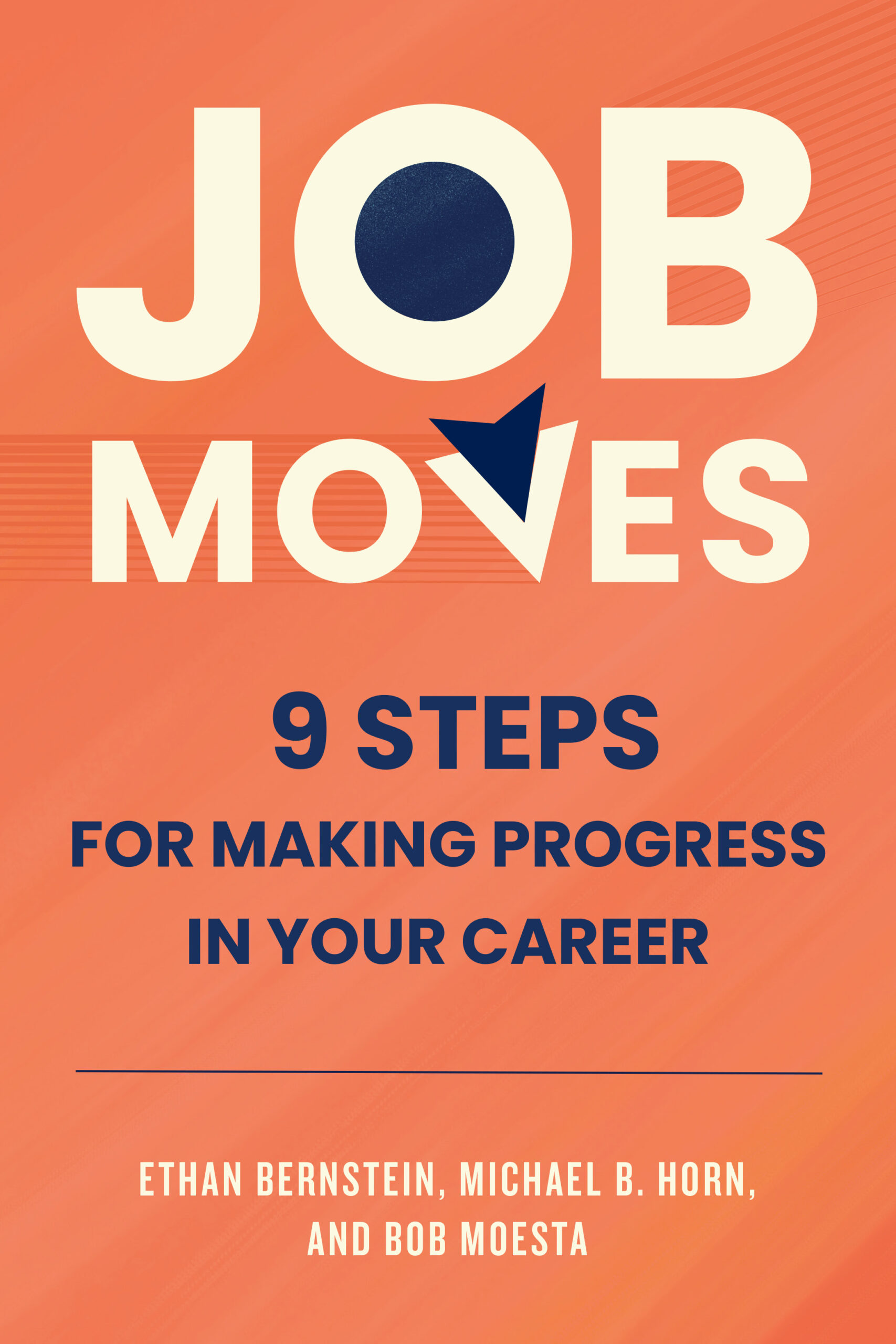Evaluating the Evaluators: How to Reduce Conflict of Interest in Higher-Ed Quality Assurance
Last fall the Department of Education announced a pilot project to open up financial aid to students in unaccredited education programs, such as coding bootcamps. Bootcamps and universities that have teamed up to submit proposals for the “Educational Quality through Innovative Partnerships” (EQUIP) program are still waiting for the green light from the department.
In the meantime, industry experts are figuring out the logistics of running a successful EQUIP experiment. Entangled Solutions, a San Francisco-based “innovation agency” for higher education, is out with a report on mitigating conflicts of interest among the different parties that will work together under the program: alternative education providers (bootcamps), traditional higher-ed institutions, and “quality assurance entities” (QAEs), which will evaluate the pilot programs, much like accreditation agencies evaluate colleges and universities.
The concept of a QAE is similar to how a publicly traded company must have its financial records audited under the Sarbanes-Oxley Act. If an individual is going to invest in a company, the reasoning goes, he or she should be assured that the company’s financial claims are accurate.
Michael Horn, co-founder of the Clayton Christensen Institute for Disruptive Innovation and a principal consultant for Entangled Solutions, says the same holds true for students: If they’re investing in education, they should be able to trust their program’s reported outcomes.

0 comments